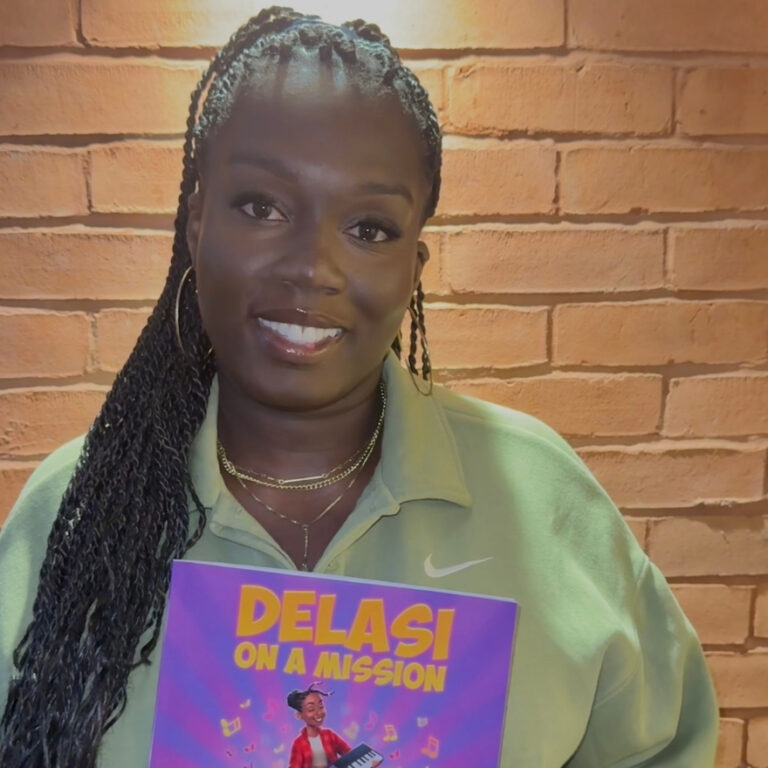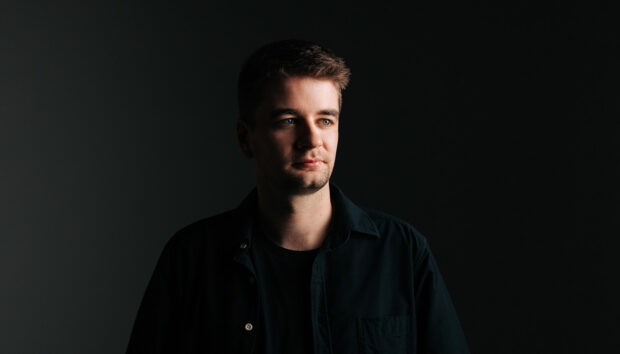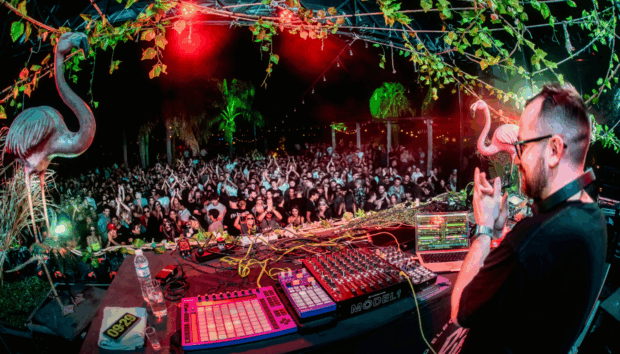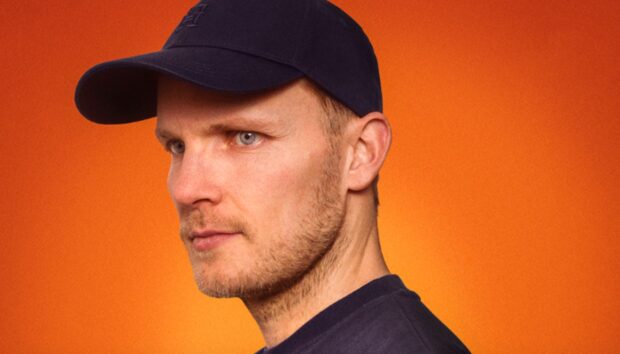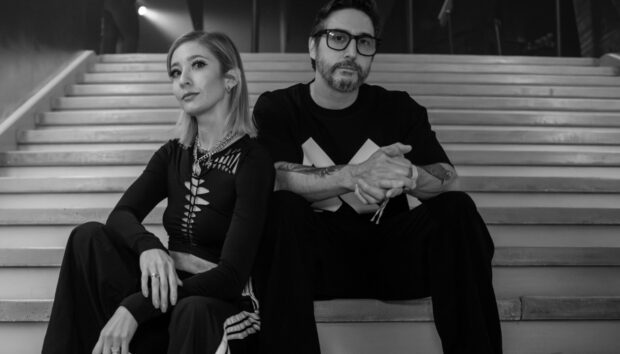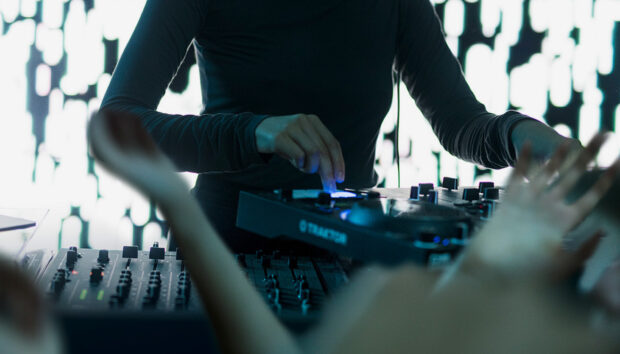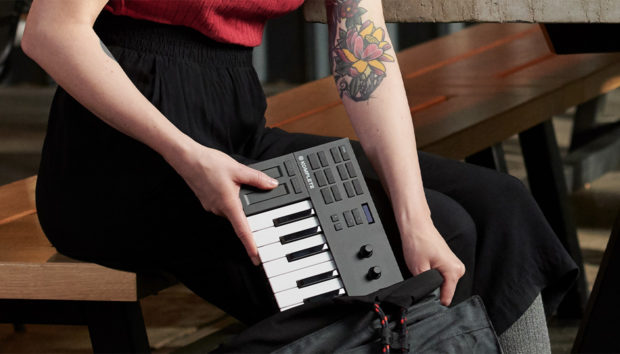Music production is still an overwhelmingly male-dominated field, but change is happening – and often it starts with representation. For British-Ghanaian author, rapper, and producer Nana Ayebi-Kwakye, that change comes in the form of a children’s book. Her debut, Delasi On A Mission, tells the story of a young girl who discovers music production, faces challenges, and learns to overcome them with resilience and teamwork. Aimed at readers aged six and up, the book is designed to plant the seed that girls can see themselves behind the desk, not just in front of the mic.
In this interview, Nana shares the inspirations behind Delasi On A Mission, the barriers she hopes to break, and why representation and storytelling are crucial in opening the studio door to the next generation of girls.
Jump to these sections
What inspired you to write Delasi On A Mission, and what impact do you hope it has on young girls exploring music production?
I love music and have been creating music in some capacity for most of my life. I turned to music production around eight years ago, and it’s changed my life. A few years back, I spent some time in Ghana, connecting with and producing for some artists out there. I quickly learnt that there were not a lot of women producing.
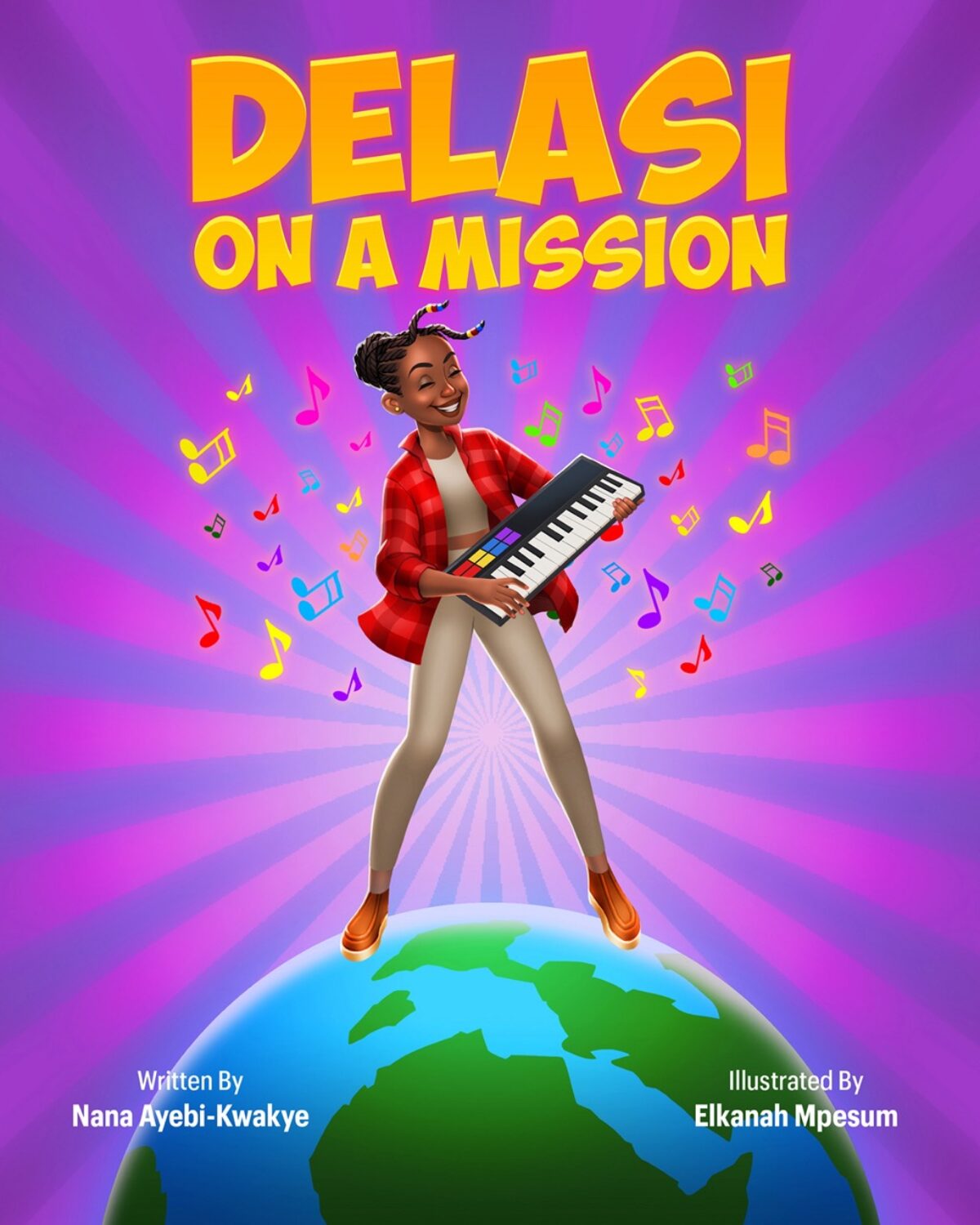
“You’re the first female producer that I’ve worked with!” – it was the same sentiment from every artist. It always stuck with me. I also have a three-year-old daughter, and after she was born, I wanted her to know that whatever she wanted to do as a passion or as a career was not out of reach.
I always like to think of creative solutions to problems, and the lack of women producers in Ghana was a problem. In fact, from what I understand, that’s true for the rest of Africa, and even the rest of the world. I wanted to be able to introduce music production to young girls.
I’ve always wanted to write a book, and this seemed like the perfect opportunity to create one. The target age group for this book is six and up. I feel like this is the age kids start saying things like “I want to be a doctor when I grow up,” so I thought it would be amazing if those same kids could start saying they want to be a music producer when they grow up. I want young readers to walk away having learned something new and interesting about music. I also want them to realize that being yourself, advocating for yourself, and being resilient can lead to making a difference. Of course, as it’s a children’s book, I’ve had to wrap these takeaways in something more palatable. But essentially, those are the key messages.
What challenges do young women face in music production, and how can storytelling and the Leading Vibe Initiative help overcome them?
Firstly, the Leading Vibe Initiative is so necessary. What Tems, Native Instruments, and the team are doing is super important. I believe the challenge we are trying to address is ultimately historic, as music production and music tech in general has traditionally been gendered towards men.
I think this has created a perception for women the space is not for us. They may attempt to get involved, but the industry is so heavily male-dominated that it’s not always easy to push through and build the connections and confidence that’s needed. It’s not something that can change overnight ,but as long as we continue to be intentional in creating change, then shifts will occur.
Delasi On A Mission, The Leading Vibes, these are examples of women using our voices and platforms to increase visibility and representation. We also want to create safer, more inclusive environments for them to thrive.
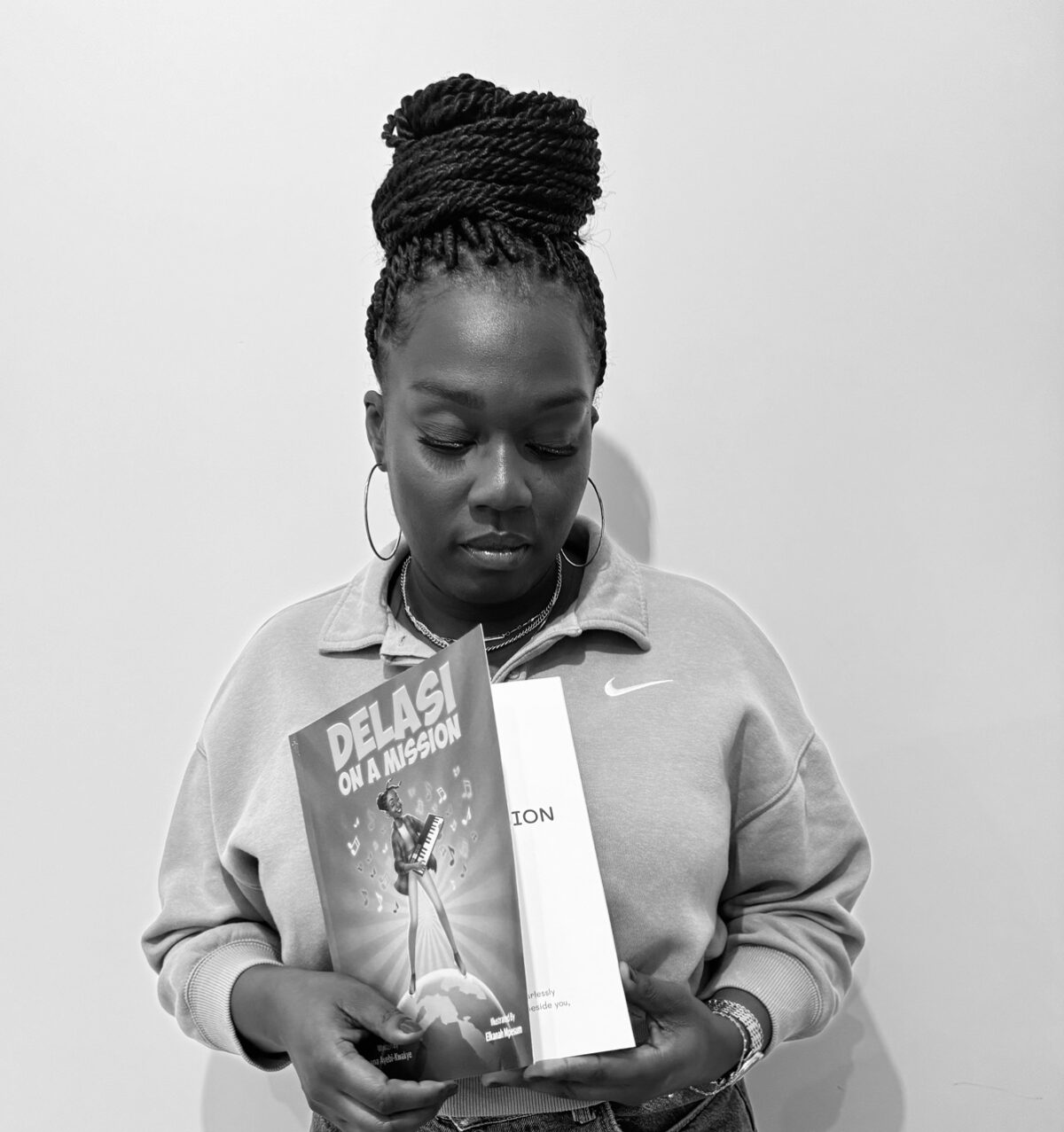
How did you make music production accessible and exciting for young readers through storytelling?
So Delasi on a Mission is my debut offering as an author. With that in mind, I did a ton of research to understand children’s books. Research took the form of loaning out children’s books from my local library, specifically some of the books that stood out to me when I was a kid.
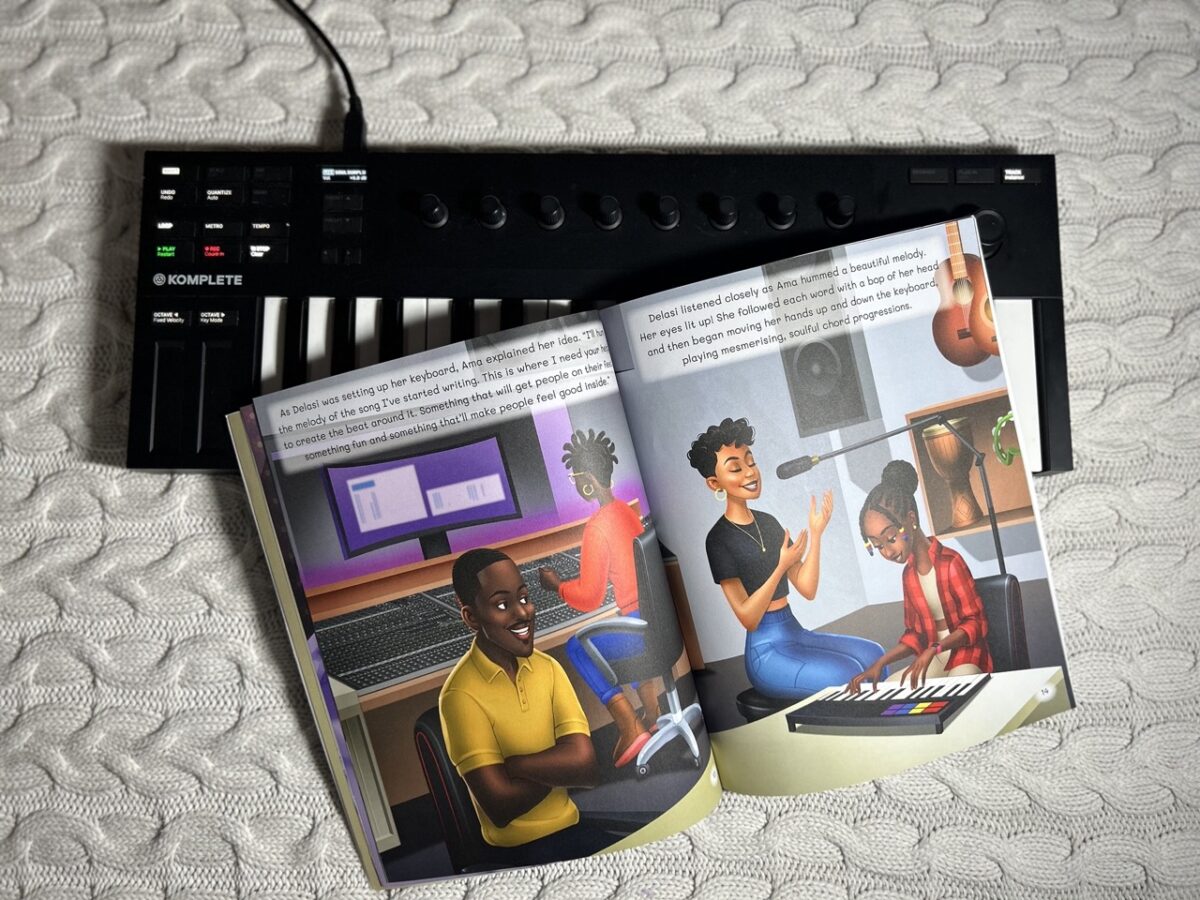
I also spoke to young children to understand the way they communicate. I soon realised that a few things were key:
- I needed to keep the message simple
- These stories usually introduce some sort of challenge that requires problem-solving
- It would be great to add in some sort of fantastical element
I believe I did all three!
I also worked with a great illustrator by the name of El Carna, who specializes in illustrations for children’s books. He understood the colors that needed to be used to grab the attention of the young readers.
In my writing, I also made sure to use very descriptive language and speak to how Delasi felt in certain moments. In one part of the book, Delasi is overwhelmed and excited by the equipment – mixing consoles, speakers, different instruments – she sees in the recording studio. I knew a lot of these concepts would obviously be new to young readers, so the wording here was very important.
What key opportunities do you see for young people across Africa, especially women and girls, to enter music production?
I think the great thing about the world today is the amount of knowledge and resources we have access to via the internet. There are tons of technical resources available online via YouTube and other social media platforms where women are sharing their stories and their journeys into music production.
I’d encourage women and girls to use the internet to their advantage, for sure.
In Ghana, there’s an annual event called Black Girls Glow. It’s a residency in which sound artists come together for a couple of days and create music that gets released as an album. Some of the women who attend the residency have an opportunity to get involved in music production.
I also have an organisation called The Sounds You Make. Our aim is to empower young women to gain the confidence they need for music production. We’ve got some plans in the works for things in Africa. We’re focusing on creating community and giving access to resources, so watch this space!
Wrapping it all up
With Delasi On A Mission, Nana Ayebi-Kwakye has taken her love for music production and turned it into something bigger – a story that can inspire children, especially girls, to imagine themselves as producers from the very start of their creative journeys. By combining representation, education, and storytelling, she’s not only addressing the gender gap in music tech but also offering a practical path toward change.
Through her book, her organisation The Sounds You Make, and collaborations with initiatives like The Leading Vibe, Nana is part of a growing movement to make music production more inclusive, more visible, and more inspiring for the next generation.
Native Instruments strives to make music-making and production accessible to everyone. Our recent partnership with Tems and her induction onto our Artist Board is a move towards equality in the music-tech space.








